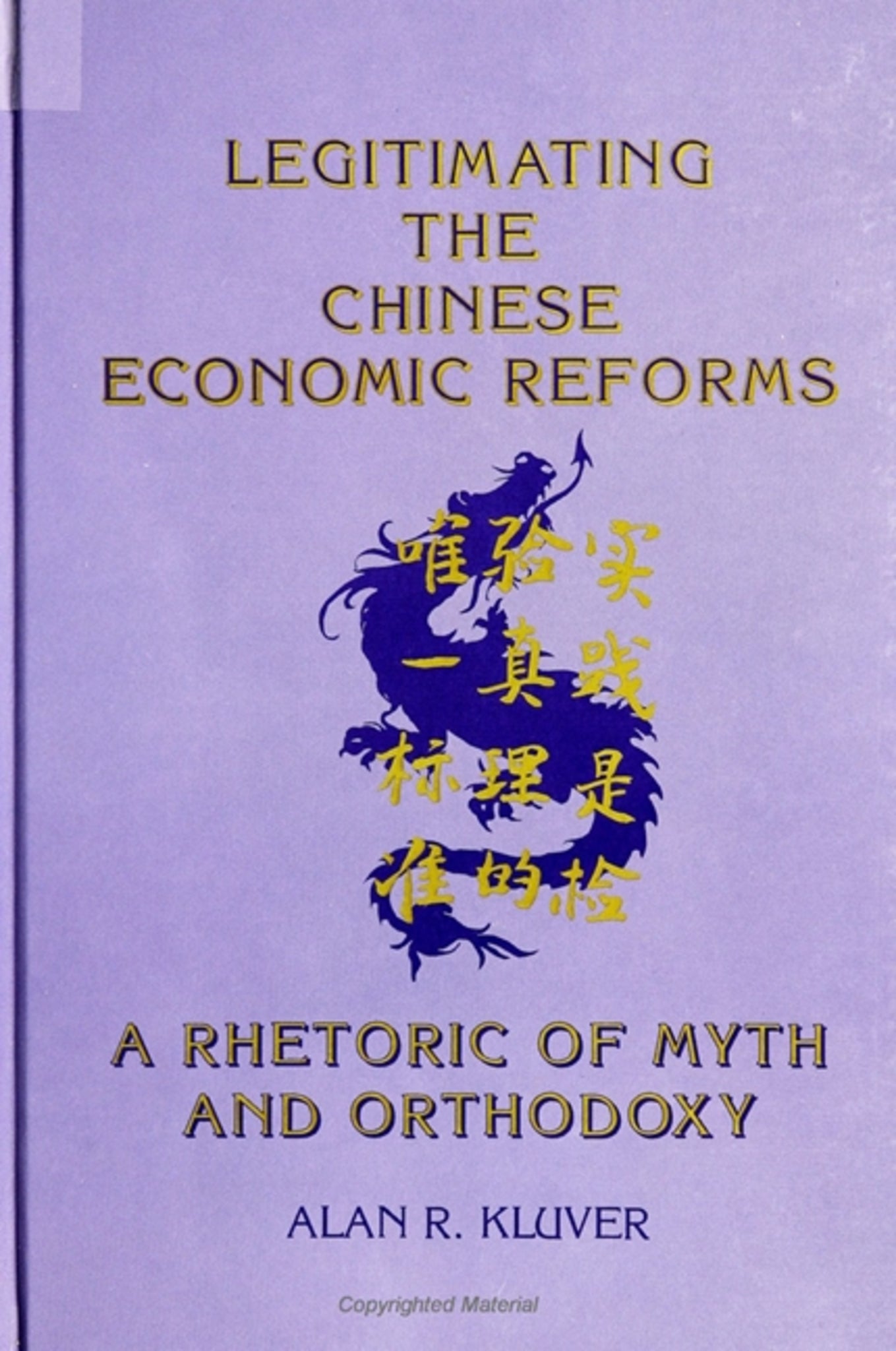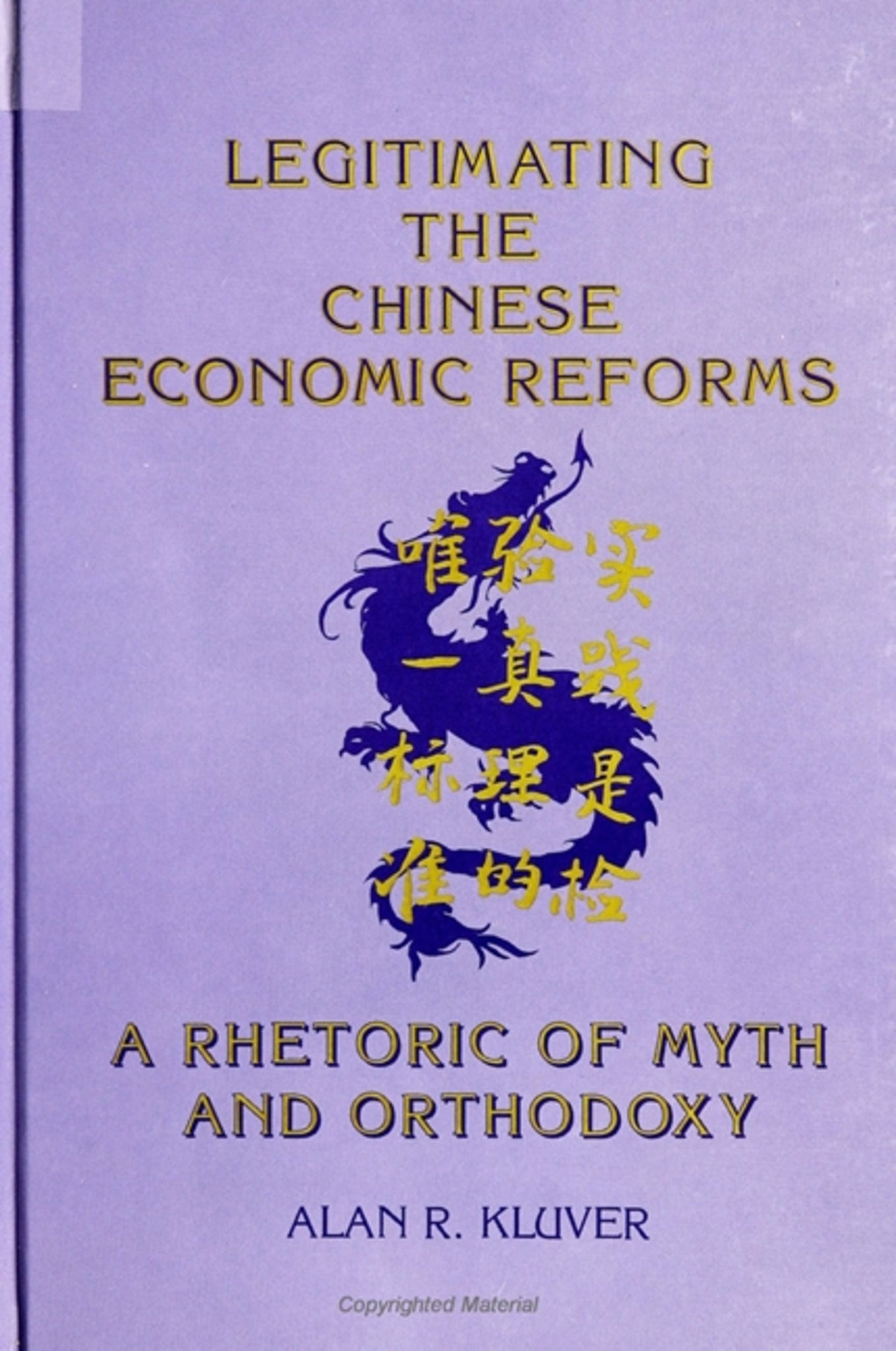We're sorry. An error has occurred
Please cancel or retry.
Legitimating the Chinese Economic Reforms

Some error occured while loading the Quick View. Please close the Quick View and try reloading the page.
Couldn't load pickup availability
- Format:
-
03 July 1996

Argues that the legitimacy of the Chinese government relies on two factors: the national myth of revolution and ideological orthodoxy.
The reform program of Deng Xiaoping in the People's Republic of China constitutes one of the most significant political and social change programs in recent history. A singularly important question arises from this experiment: How does a nation implement a stock market and call it Marxism? This book answers this question by examining the official discourse bridging the gap between the reform policies and orthodox Marxism. Focusing on Chinese Communist Party Congresses and the Resolution on CPC History, the author extends recent writings on the reforms by analyzing the ways in which the Chinese leadership justified the reforms, in the face of social and economic turmoil, such as the 1989 Tiananmen Square movement.
Also examined is the role of discourse in the Chinese political culture. The author argues that legitimacy of the government in China rests on two factors: the national myth of revolution and ideological orthodoxy. These serve the same legitimating functions in the Communist political culture as the Confucian doctrines of the Mandate of Heaven and virtue, providing continuity in political discourse across the centuries, although the political systems have changed drastically.


"This book addresses a thorny problem confronting the Communist leadership in China: How to defend the legitimacy of the Chinese Communist Party when communism itself is in reality dead in China? Kluver's book is different from the conventional analysis of politics in China by political scientists. He analyzes the official statements of the Party not for clues of the internal power struggle, which was clearly there, but for their rhetoric messages to maintain the orthodoxy of communism in a communication perspective. There is no question that this kind of rhetoric is highly important to politics in China today, especially because the rejection of Mao Zedong's policies puts Deng Xiaoping's economic reforms in an ideological dilemma." — Godwin Chu, Center for Cultural and Technical Interchange between East and West, Inc.
Preface
1. The Rhetorical Construction of Chinese Political Reality
2. The Mythical and Ideological Dimensions of Political Legitimacy
3. The Crisis of Legitimation and the Demystification of Mao Zedong
4. The Thirteenth Party Congress and "The Primary Stage of Socialism"
5. The Fourteenth Party Congress and the Transition to a "Socialist Market Economy"
6. Chinese Political Discourse and the Rhetoric of Legitimacy
Notes
Works Cited
Index



